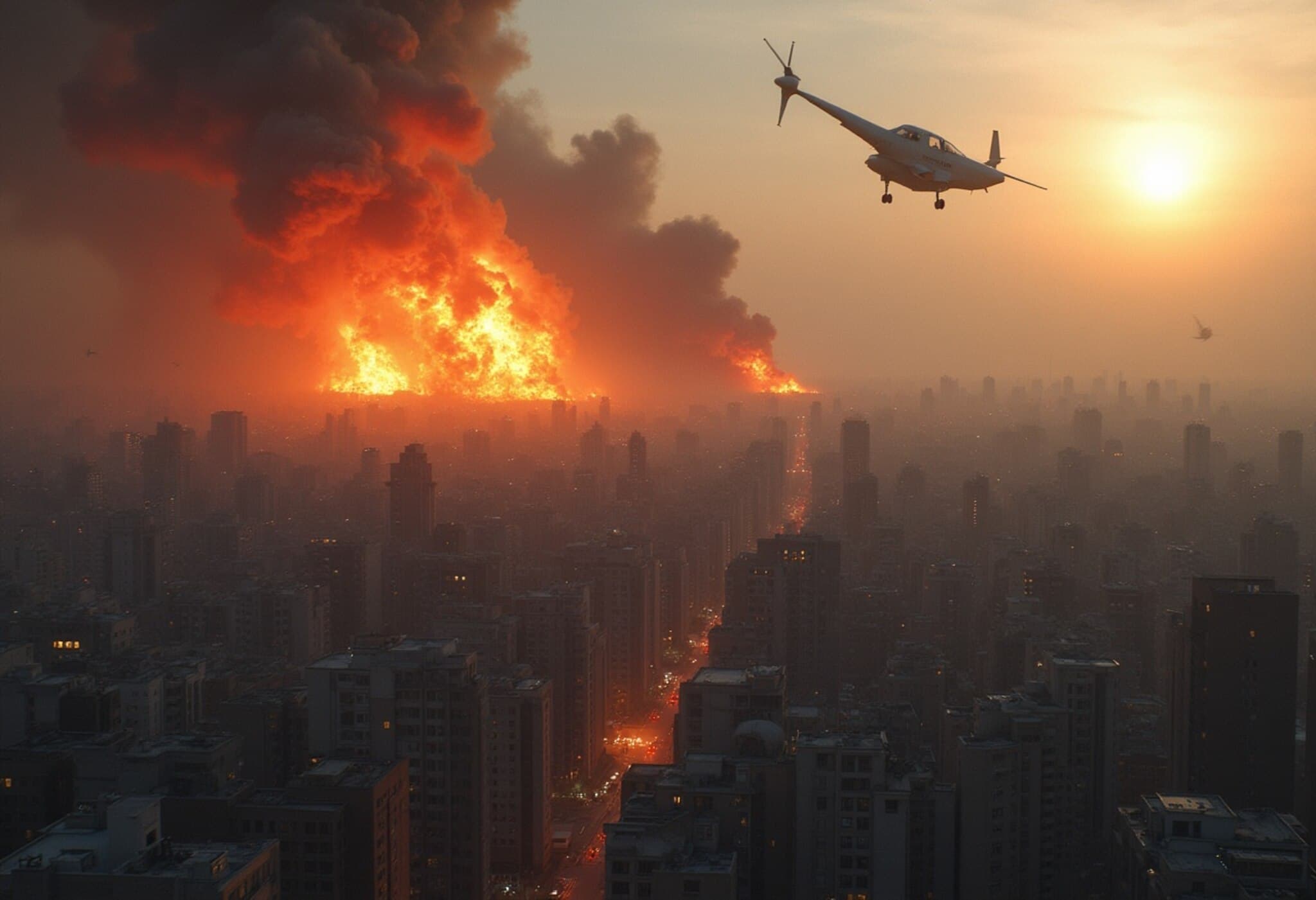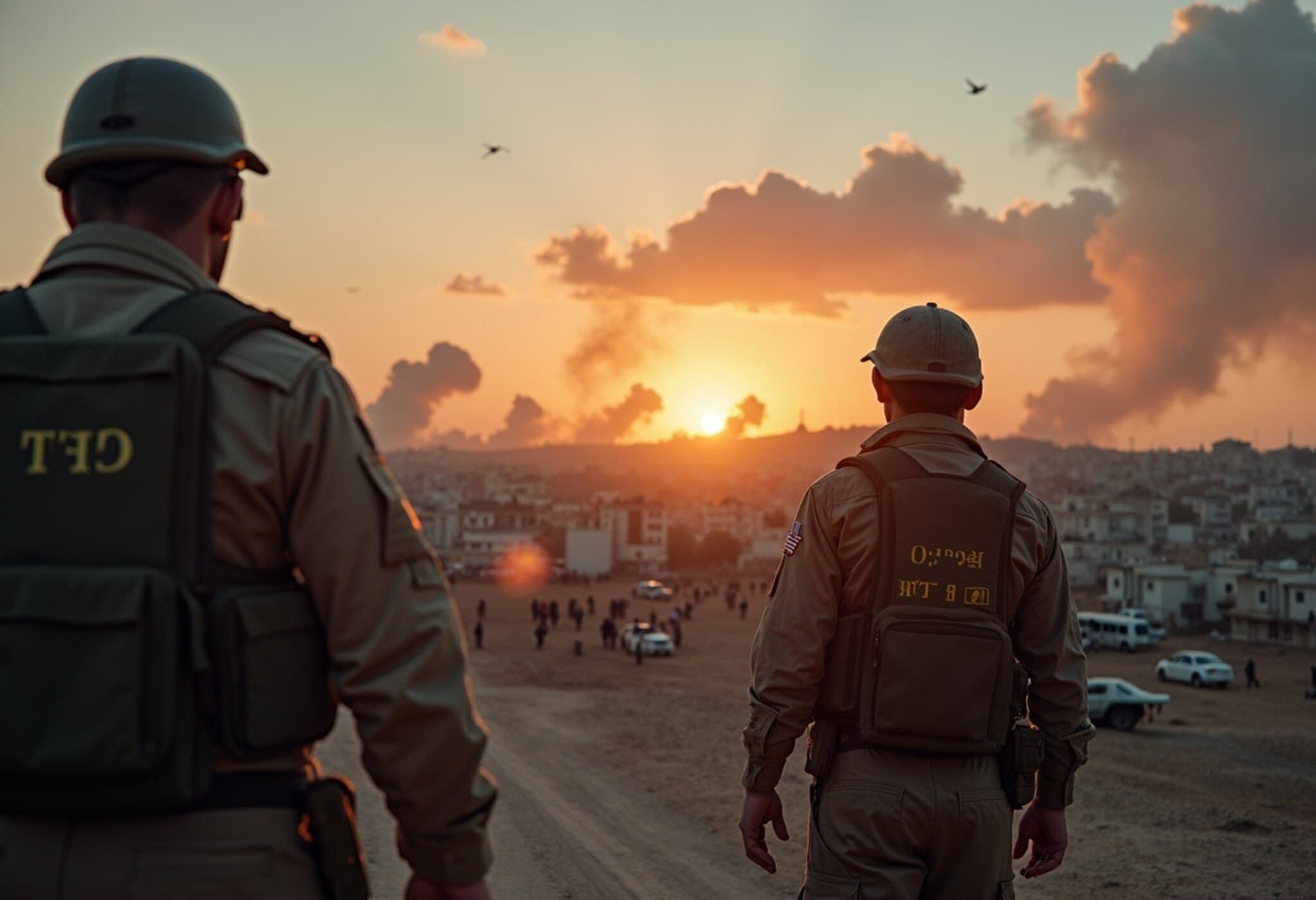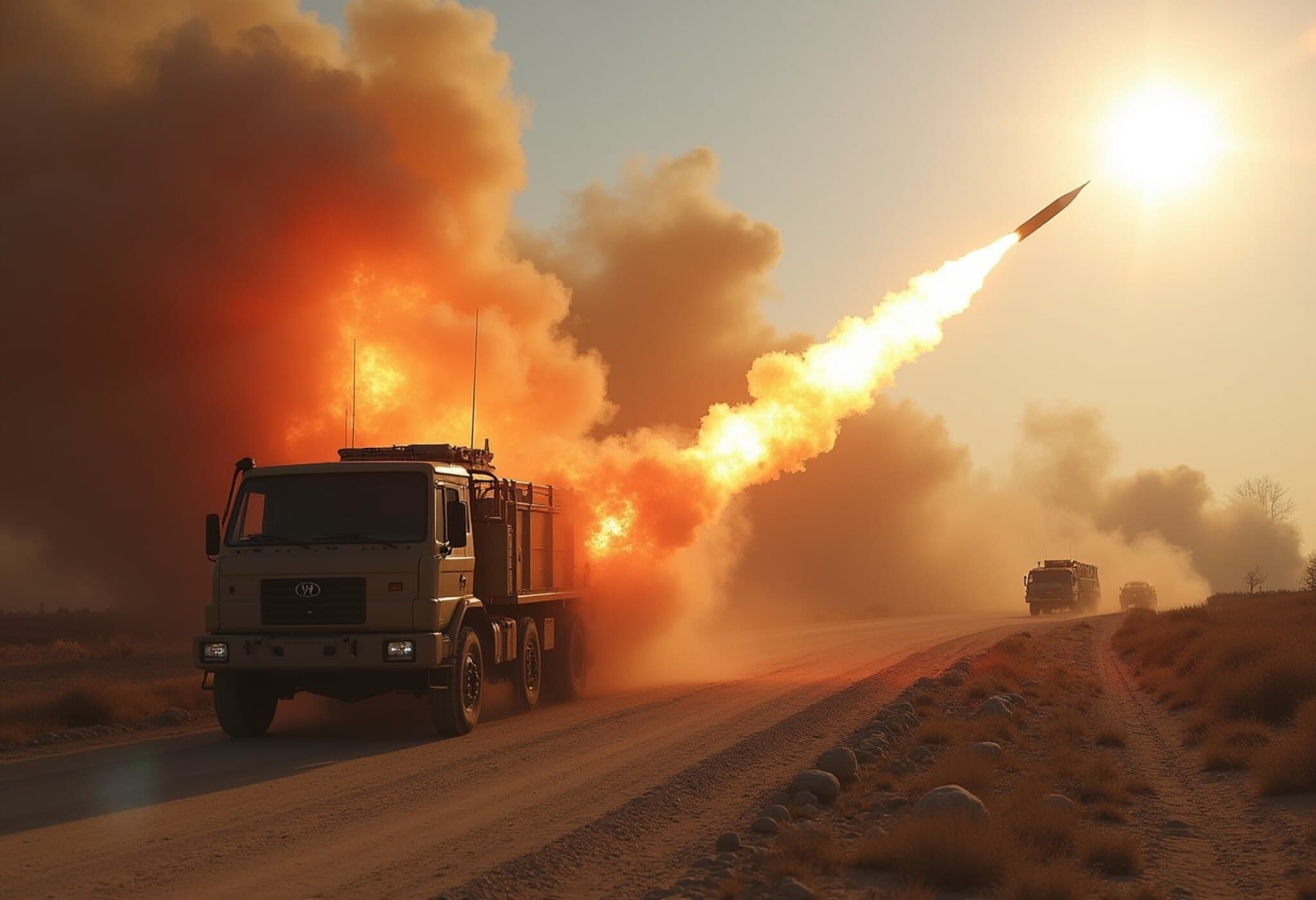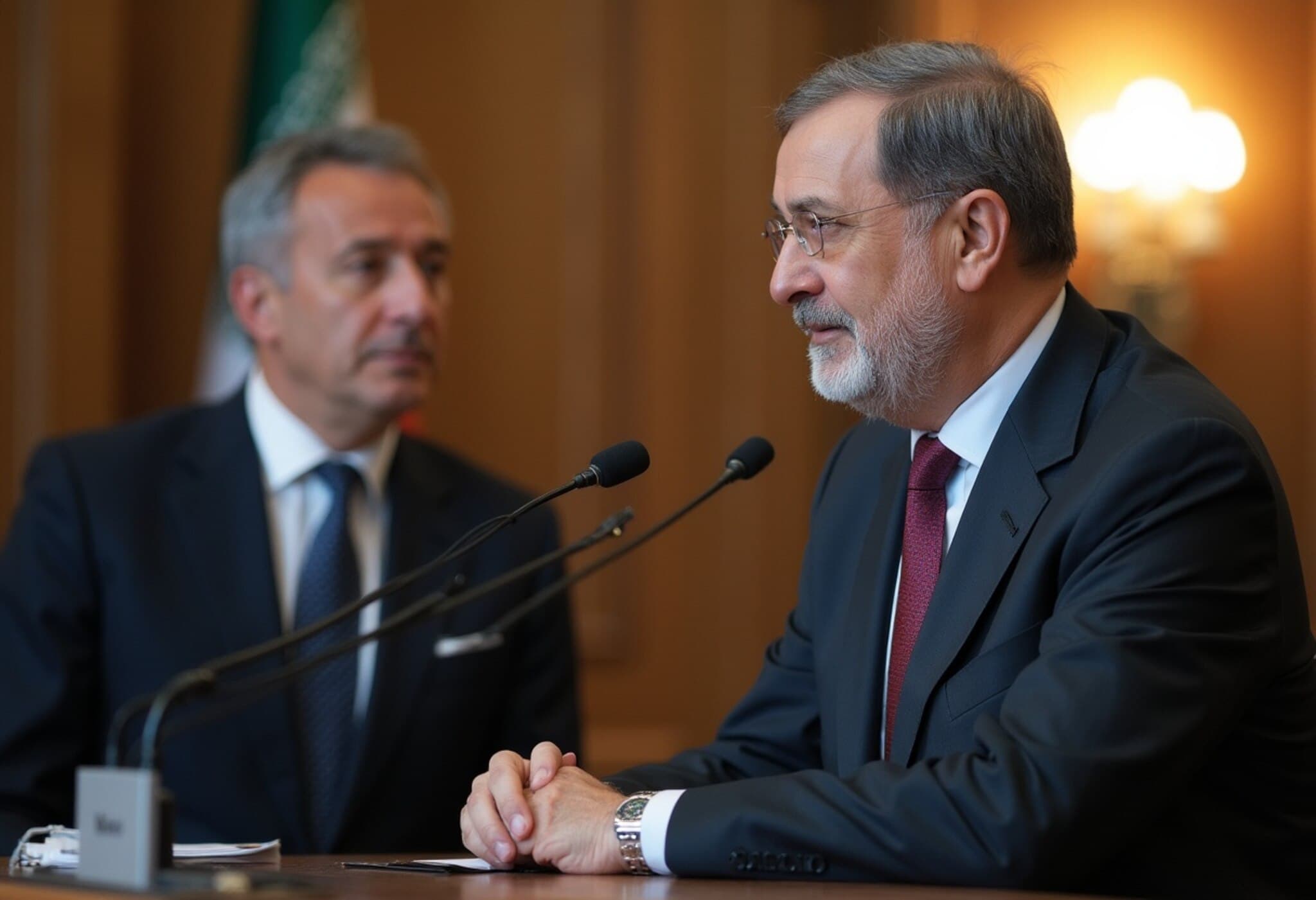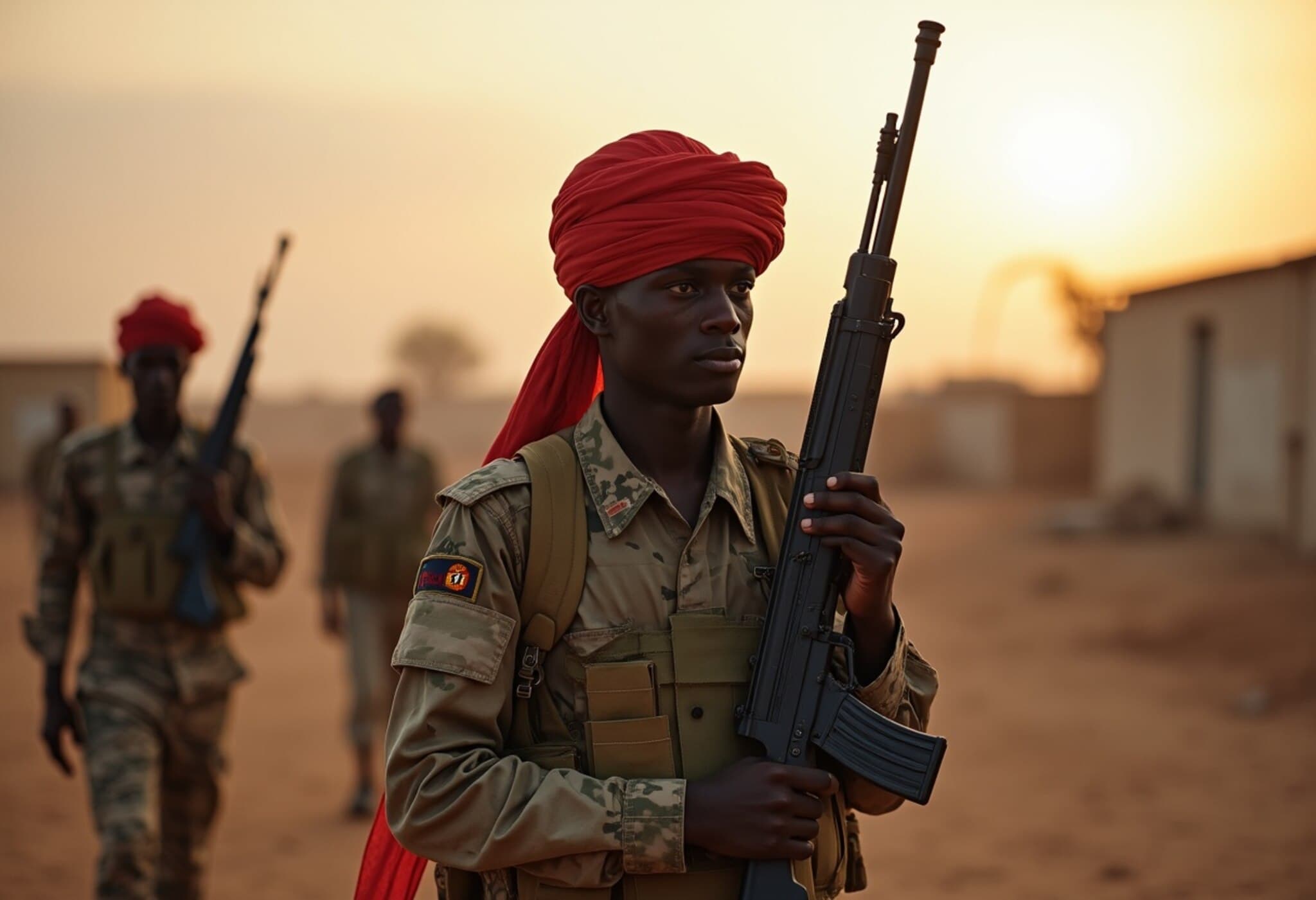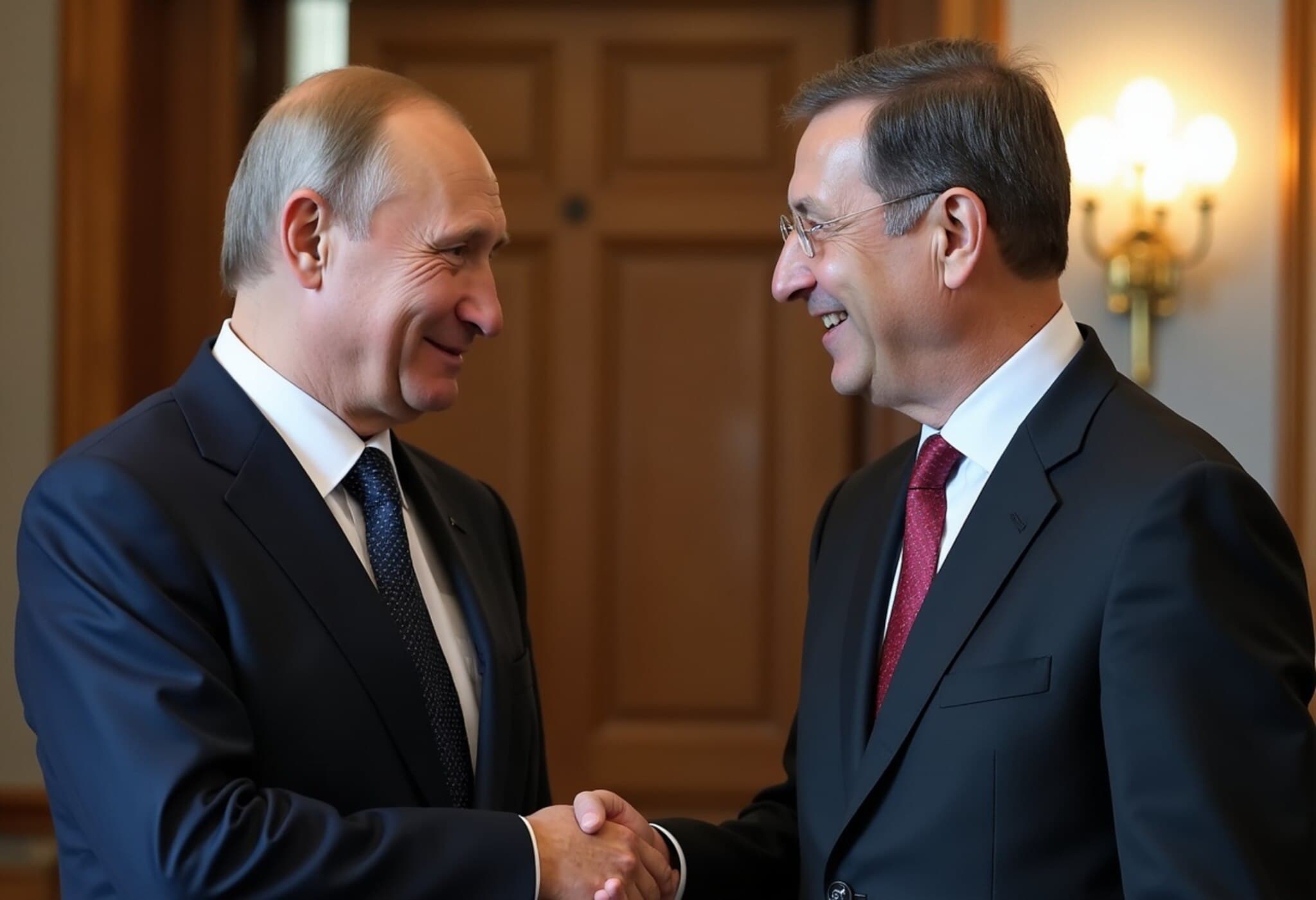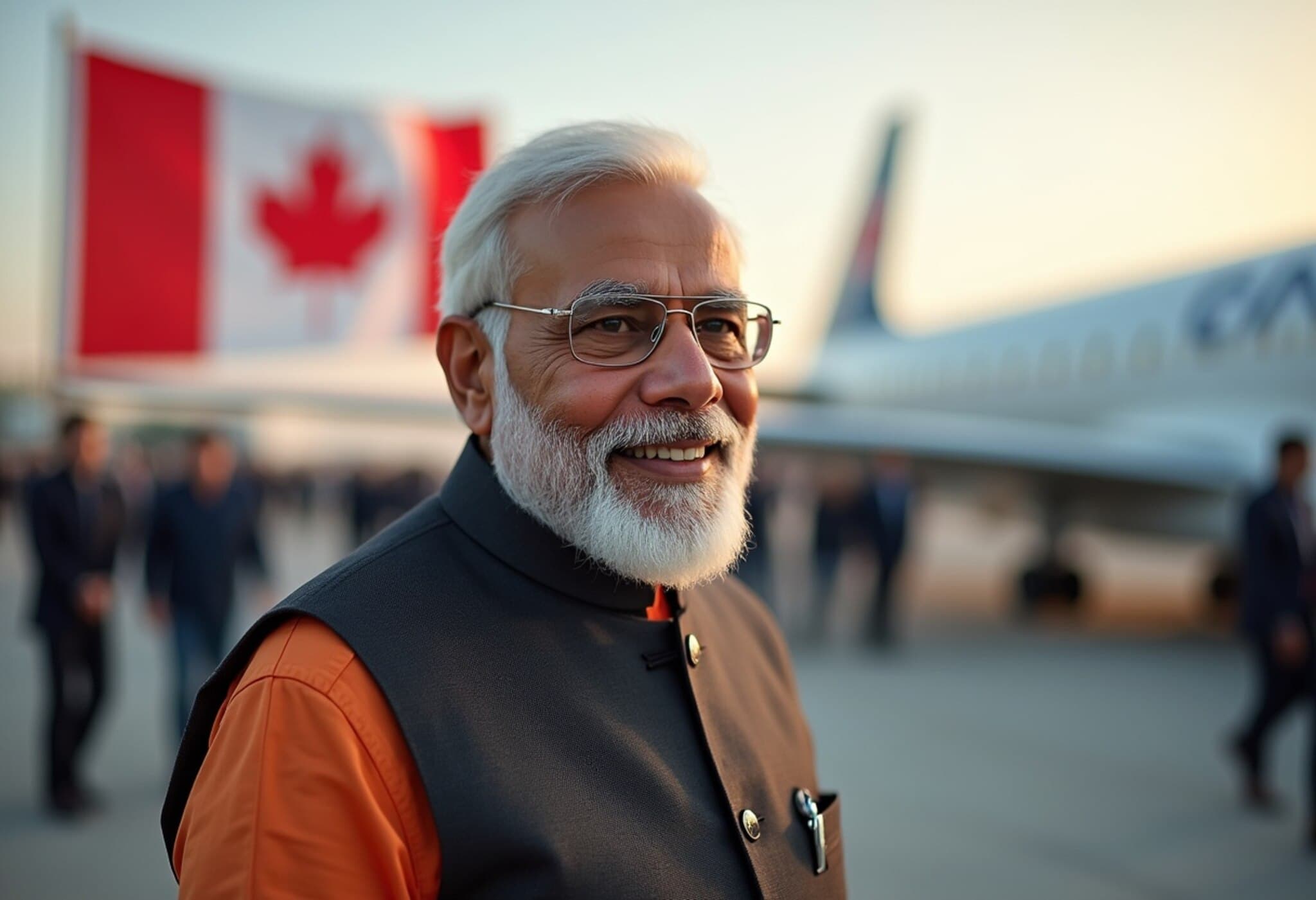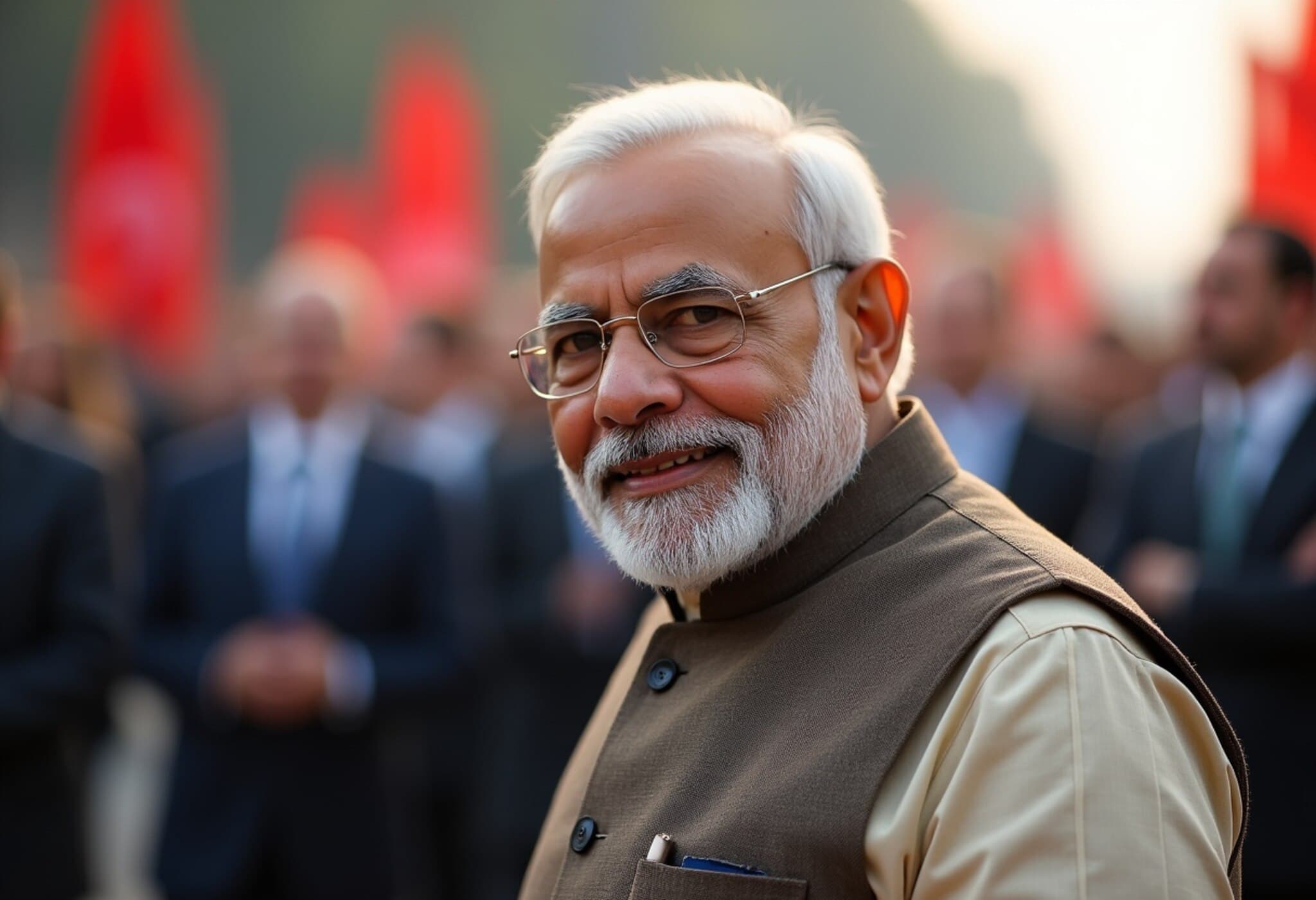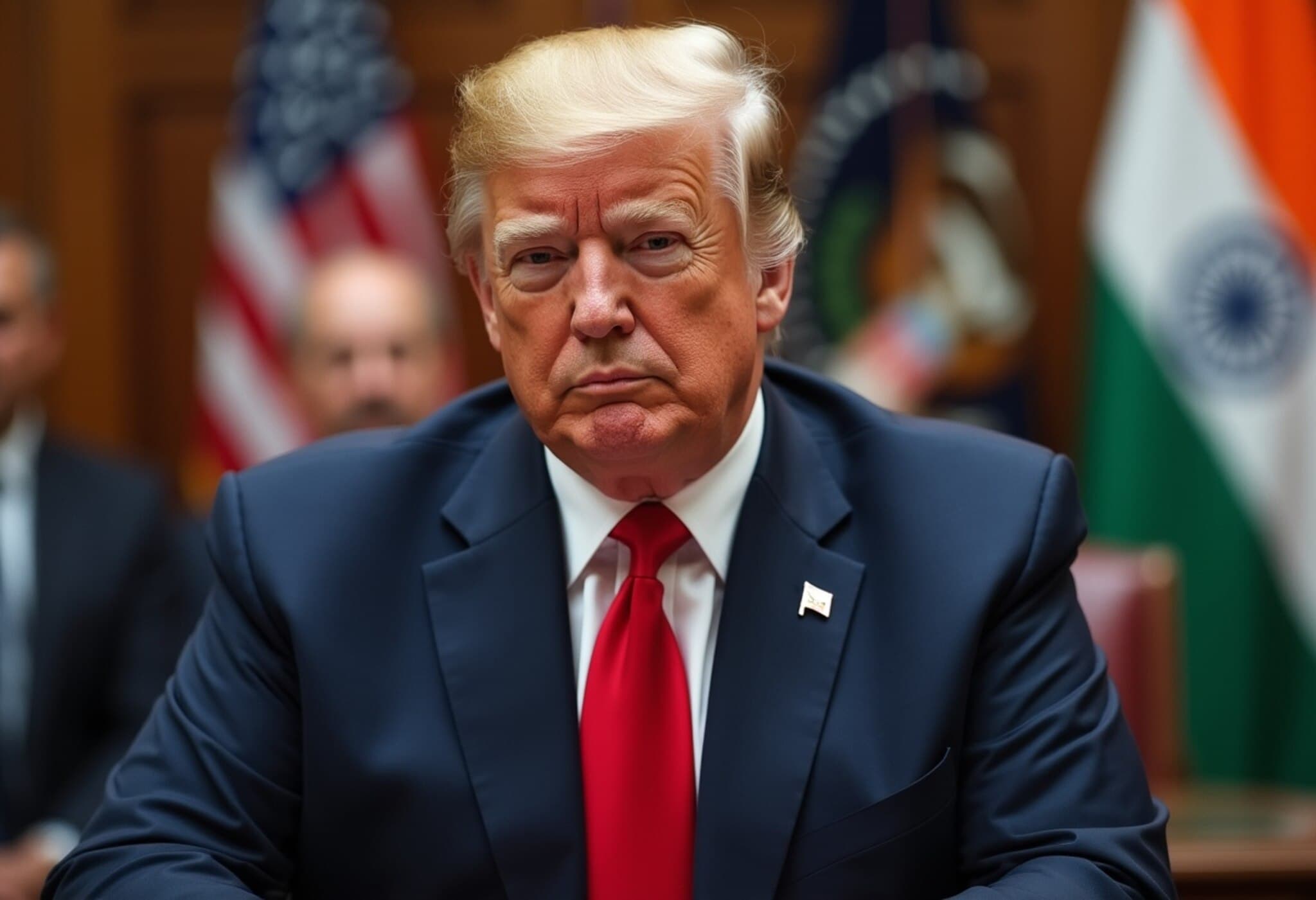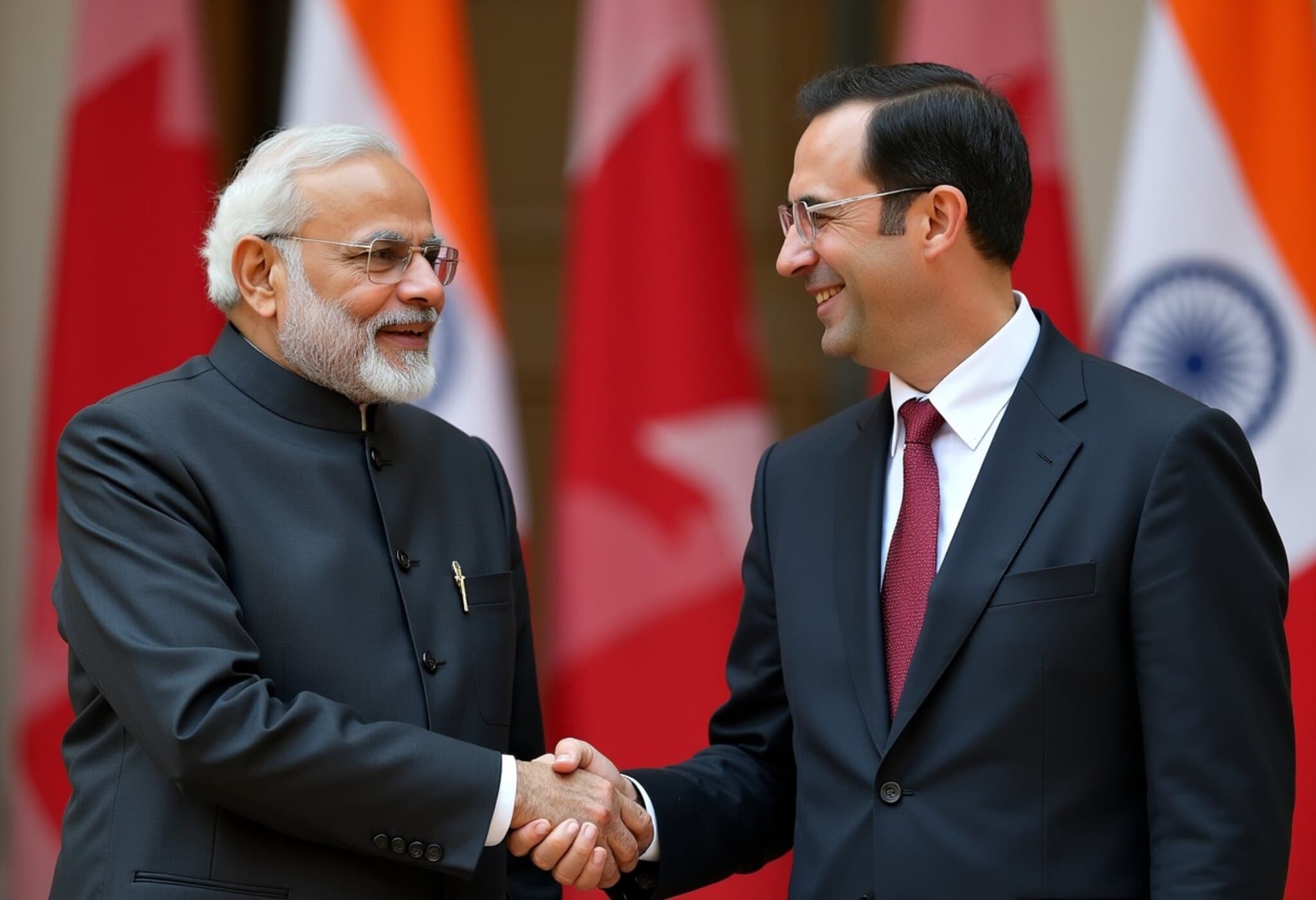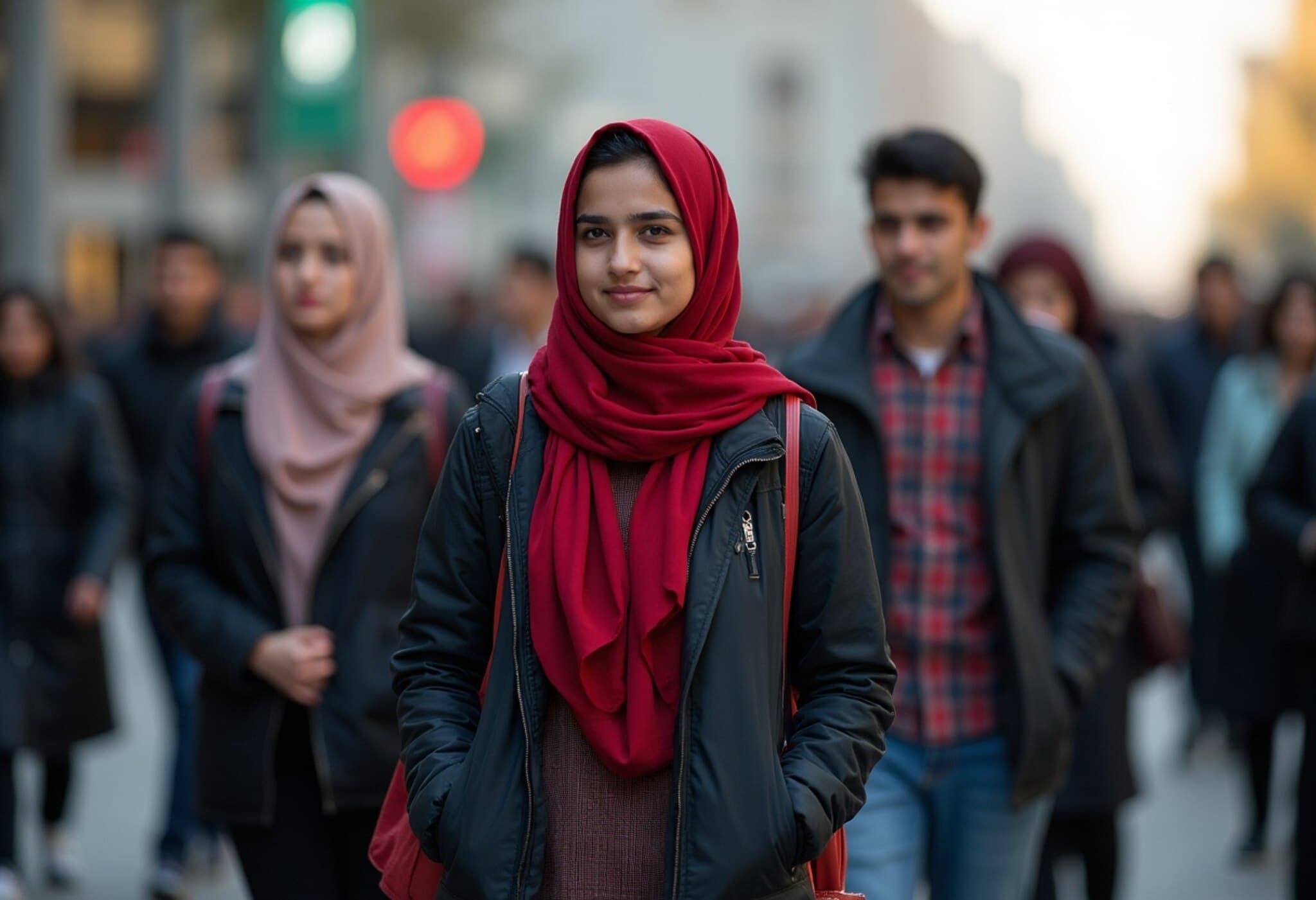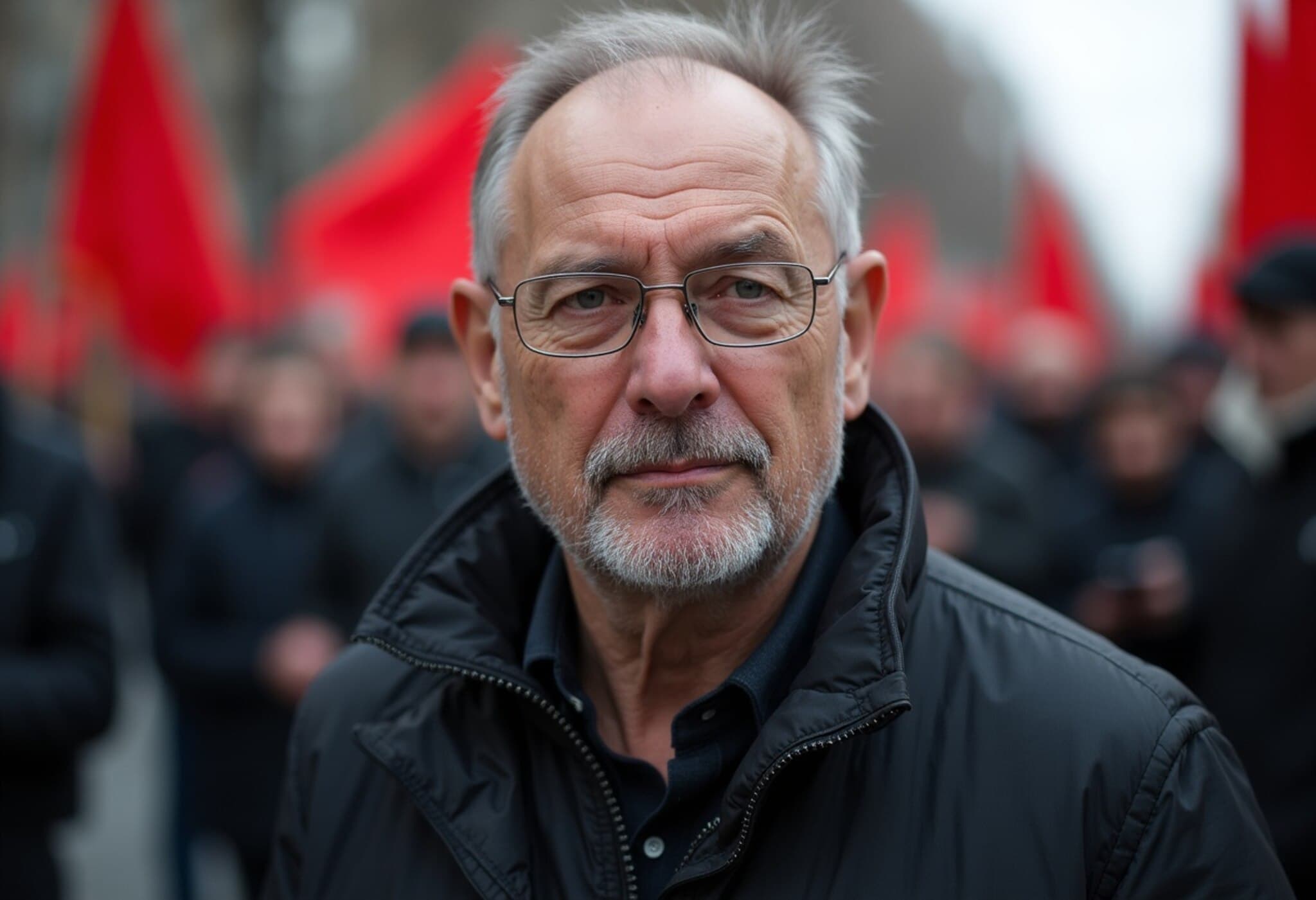Israel and Iran Intensify Hostilities as Diplomatic Efforts Stall
The standoff between Israel and Iran has escalated sharply, with both nations exchanging ballistic missile and drone attacks targeting military and civilian infrastructures. In response to the intensifying conflict, India evacuated 290 students from Iran through Operation Sindhu, facilitated by Tehran opening its airspace for safe transit.
Since Israel's June 13 offensive citing concerns over Iran's potential nuclear ambitions, the hostilities have shown little sign of abating. Talks in Geneva between Europe and Iran offered minimal progress, with Iranian officials demanding a halt to Israeli attacks before engaging in diplomacy. Iran has maintained its nuclear program is solely for peaceful purposes, though it faces increasing global scrutiny amid the clashes.
Nuclear Tensions and Regional Risks
Israel, widely believed to possess nuclear weapons but not a signatory to the Nuclear Non-Proliferation Treaty (NPT), faces off against Iran, which is an NPT member but has threatened withdrawal amid the conflict. Iranian Foreign Minister Abbas Araghchi cautioned against U.S. involvement, deeming it dangerous, while Iran's Supreme Leader firmly rejected any notion of unconditional surrender.
U.S. political divisions emerged as its leadership deliberates potential support for Israel, including speculation about supplying weapons capable of striking Iran’s underground Fordow nuclear facility. Concurrently, the U.S. imposed new sanctions targeting Iranian entities linked to military industries, while intelligence movements and asset repositioning hint at preparations for escalated engagement.
The International Atomic Energy Agency warned that striking Iran’s Bushehr nuclear plant could unleash catastrophic radiation with far-reaching consequences. Amid reports of over 400 fatalities and thousands wounded in Iran since hostilities began, fears of a widescale regional conflict grow, underscoring urgent calls for restraint.
Humanitarian Crisis Deepens in Gaza Amid Distracted Global Focus
While the spotlight centers on the Israel-Iran conflict, the dire situation in Gaza continues to deteriorate. Daily airstrikes have claimed at least 140 lives in one recent 24-hour span, with targeted attacks on aid shelters intensifying humanitarian hardships.
The Gaza health ministry reports that nearly 55,600 Palestinians have died since the conflict triggered by Hamas’ attack on Israel on October 7, 2023. Most residents face displacement, severe food shortages, and ongoing violence. International bodies like the World Food Programme have stressed that current aid deliveries represent a fraction of what is critically needed.
Amid these developments, the European Union raised concerns that Israel’s actions in Gaza may violate human rights obligations under existing EU-Israel agreements, further intensifying diplomatic pressures. European nations, including the UK, have imposed sanctions on Israeli officials, while calls for accountability and conflict resolution continue to mount.
India and Canada Seek to Revive Bilateral Relations at G7 Summit
Against the backdrop of global tensions, the recent G7 Summit offered India and Canada a chance to mend strained ties. Leaders agreed to resume stalled trade negotiations and reinstate their high commissioners, signaling a fresh chapter in their relationship.
Prime Minister Narendra Modi’s bilateral meeting with Canada’s Prime Minister Mark Carney led to commitments on enhanced cooperation in clean energy, technology, digital infrastructure, artificial intelligence, food security, and critical minerals. They also plan closer collaboration to combat transnational crime, aiming to establish a joint working group to address these complex challenges.
Historical tensions, including allegations related to the killing of a Khalistani separatist in Canada, had previously soured relations. Modi’s recent visit to Alberta is viewed as a strategic step to rebuild trust and navigate the intricacies of geopolitical and internal security concerns.
European Union Targets Russian Energy amidst Ongoing Ukraine Conflict
In a decisive move, the European Commission announced plans to ban new contracts for purchasing Russian gas, aiming to increase pressure on Moscow amid its continued military aggression in Ukraine. Existing short-term contracts are permitted to expire by mid-2026, while long-term agreements face termination by the end of 2027.
Russian attacks on Kyiv have intensified, marking the deadliest assault this year, with dozens killed and numerous wounded. Ukraine's leadership urges Western allies to escalate economic sanctions to push for peace through strength and bring Russia to the negotiating table.
Despite ongoing hostilities, prisoner exchanges between Russia and Ukraine signal cautious steps toward dialogue, with future peace talks anticipated soon. However, the conflict remains volatile with significant impacts on regional stability.
Sudan's Civil War Sparks UN Alarm over Humanitarian Catastrophe
The United Nations has issued stark warnings about the worsening crisis in Sudan, where civil war between the Sudanese Armed Forces and the paramilitary RSF has led to devastating human costs. With an estimated 62,000 deaths and nearly 14 million displaced, the conflict shows no signs of abating.
UN rights officials highlighted grave concerns over escalating violence in Darfur and Kordofan regions, reporting widespread civilian casualties, sexual violence, and looting. The ongoing instability emphasizes urgent international attention to curb further deterioration and address the pervasive culture of impunity.
Global Developments Highlight Complex Interplay of Conflict and Diplomacy
This week's global events—from escalating Middle East tensions and neglected humanitarian crises to attempts at diplomatic thawing and strategic economic measures—underscore the intricate balance nations strive to maintain in a fractured international landscape. Each unfolding story reveals layers of political, humanitarian, and security challenges that demand coordinated global responses.

